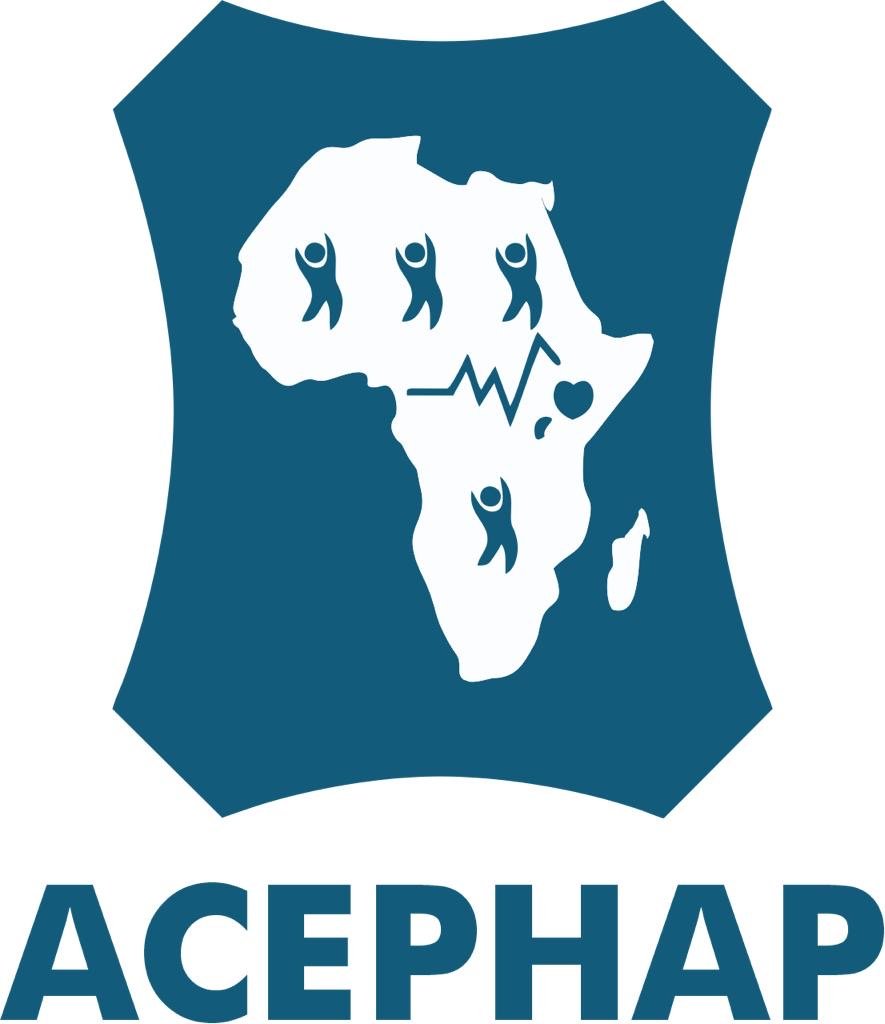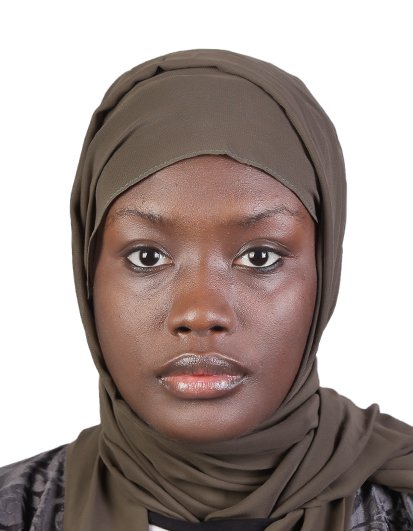
Safe CS in Nigeria
Saving Lives of Mothers and Newborns in Kano
The SURGfund-supported project “Making Caesarean Section (CS) Safe in Kano” aims to improve maternal and perinatal outcomes through safe, timely, appropriate, and respectful CS care for over 27,000 women giving birth each year in Kano, Nigeria.
Women in low- and middle-income countries are up to 100x more likely to die following CS compared to women in high-income countries.
Nigeria had an estimated 75,000 maternal deaths in 2023.
Nigeria had the highest number of maternal deaths worldwide, making up 28.7% of the global number.
Our mission
This project aims to reduce maternal and neonatal morbidity and mortality by implementing an integrated model for surgical team capacity-building to improve access to Safe CS in Kano, Nigeria.
As an obstetrician, I bear witness to the enormous suffering of my people because my country has one of the highest number of maternal deaths in the world.
This project will provide access to equitable, timely, expert, and affordable surgical care which can be the difference between life and death for the majority of pregnant women in Nigeria.
Prof. Dr. Hadiza Galadanci
GSF Advisor | Director of ACEPHAP Professor of Obstetrics and Gynaecology, Bayero University
Our approach
As part of SURGfund’s unique model, we take a comprehensive approach to building long-term impact and ensuring sustainability.
Build Local Partnerships
The Africa Centre of Excellence for Population Health and Policy (ACEPHAP) at Bayero University is the lead implementer of this project with the support and coordination of the GSF. ACEPHAP has strong relationships with the Kano State Ministry of Health and hospital administrations. The project interventions are implemented in collaboration with these key stakeholders and a sustainability and scale-up plan is co-designed from the start. This approach ensures local ownership, relevance to the community, and long-term sustainability.
Strengthen Care Networks and Referral System
We strengthen referral pathways alongside the Ministry of Health, multidisciplinary teams, mentors, communities, and community health workers to identify gaps and opportunities across the project hub-and-spoke network. We also work to ensure the functional readiness of facilities, such as the provision of CS kits and CS simulators for capacity-building.
Develop Workforce Capacity
We translate global recommendations into the local context and practical actions by using a hands-on, interdisciplinary teams-based approach to build capacity of surgical teams. This includes training both technical skills and non-technical skills to create a culture of patient safety throughout the entire care continuum.
Learn and Improve with Data
We improve the quality of data for continuous learning, adapting, generating evidence, and improving by applying practical innovations. Our learning agenda also includes qualitative research to highlight the voices of women and their experiences of care.
Expected impact
We are aiming to dramatically decrease maternal mortality for over 27,000 women in Kano each year.
50%
Reduction of CS-related complications
30%
Reduction in maternal mortality related to CS
90%
Correct use of the CS-adapted Surgical Safety Checklist in CS cases
About the project
With 81,474 maternal deaths, Nigeria was the leading contributor to global maternal deaths in 2020, accounting for over one-quarter of the total and a maternal mortality ratio (MMR) of 1,047 per 100,000 live births. Kano State in Northern Nigeria is the site of this project and had one of the highest MMRs in the country at 2,150 in 2013. Significant efforts are needed to enable Nigeria to achieve an MMR of 70, which is the goal of SDG Target 3.1.
“In Northern Nigeria, including Kano state, the overall CS rate was found to be around 10%, but ranged from just under 2% to over 37% across 15 health facilities.”
CS rates have increased globally in the last three decades, reaching an estimated 21% worldwide and expected to rise to nearly 30% by 2030. These rates vary from country to country and even from facility to facility. Often, CS are not performed safely. In Northern Nigeria, including Kano state, the overall CS rate was found to be around 10%, but ranged from just under 2% to over 37% across 15 health facilities. While CS has become safer, evidence indicates a three-fold higher maternal death risk with CS compared to vaginal delivery. In addition, the risk of maternal death following CS is 50 times higher in Africa than in high-income countries. Therefore, optimising CS rates by avoiding both underuse (“too little, too late”) and overuse (“too much, too soon”) and ensuring that CS is performed safely and respectfully are critical.
“This capacity-building element aims to markedly improve the safety of CS services in the selected health facilities for the over 27,000 births that occur each year across the ten facilities, with a spillover effect to other areas, improving a culture of patient safety.”
Launched in March 2025, this project adapts a model that has been successfully tested in Kenya and Tanzania to facilitate capacity-building of interdisciplinary surgical teams, using lessons learned to help inform project design and implementation. This includes training on the correct use of the CS-adapted Surgical Safety Checklist, teamwork and communication, shared decision-making, team briefs, safety huddles, and standardisation of anaesthesia services. It also includes training on evidence-based updates and global recommendations on CS techniques, post-partum haemorrhage prevention and management during and after CS, prevention and management of surgical site infections, and post-operative pain control.
Anaesthetic Nurse in an Obstetric Theatre, Aminu Kano Teaching Hospital.
These trainings and ongoing mentorship are implemented through a hub-and-spoke model comprising ten facilities in Kano State. The two hubs are the Aminu Kano Teaching Hospital and the Muhammad Abdullahi Wase Teaching Hospital (CS rates of 38% and 20% respectively, compared to 4 to 8% CS rate in the eight spoke facilities). An initial three-day training brings together surgical teams from all the facilities. Training then continues for each surgical team at their own facility. A network of mentors accompanies and trains the surgical teams, including surgeons, theatre nurses, anaesthetists, and midwives. This capacity-building element aims to markedly improve the safety of CS services in the selected health facilities for the over 27,000 births that occur each year across the ten facilities, with a spillover effect to other areas, improving a culture of patient safety.
This project is funded through SURGfund, the world’s first and only catalytic fund for surgical care systems.
News and updates
Latest updates from our women’s health programme:
Our project partner
Our lead implementing partner for this project is ACEPHAP, whose mission is to produce skilled human resources for health, with a focus on linking research findings to policy implementation to achieve sustainable development.
Our project team
Our team is composed of local experts in Kano and our international team.
Prof. Hadiza Galadanci
Director, ACEPHAP
Maryam Zarewa
Grant Manager ACEPHAP
Dr. Aminu Ado Wakili
Medical Doctor and Research Fellow ACEPHAP
Dr. John Varallo
Team Lead, Women’s Health, GSF
Dr. Mélanie Samson
Senior Technical Officer, Women’s Health, GSF
Yuval Cohen, MSc
Project Associate, Women’s Health, GSF
Dr. Maryam Lawal Wada O & G Consultant Muhammad Abdullahi Wase Teaching Hospital
With this SURGfund project, we will improve quality of care for
27,000
women who give birth each year in Kano, and hope to expand to other states soon.
Help us scale to more countries!
This project is made possible by SURGfund, the world’s first catalytic fund for surgical care.
Partner with us today to accelerate access to surgical care for all women who need it.
Contact: m.samson@globalsurgeryfoundation.org






























